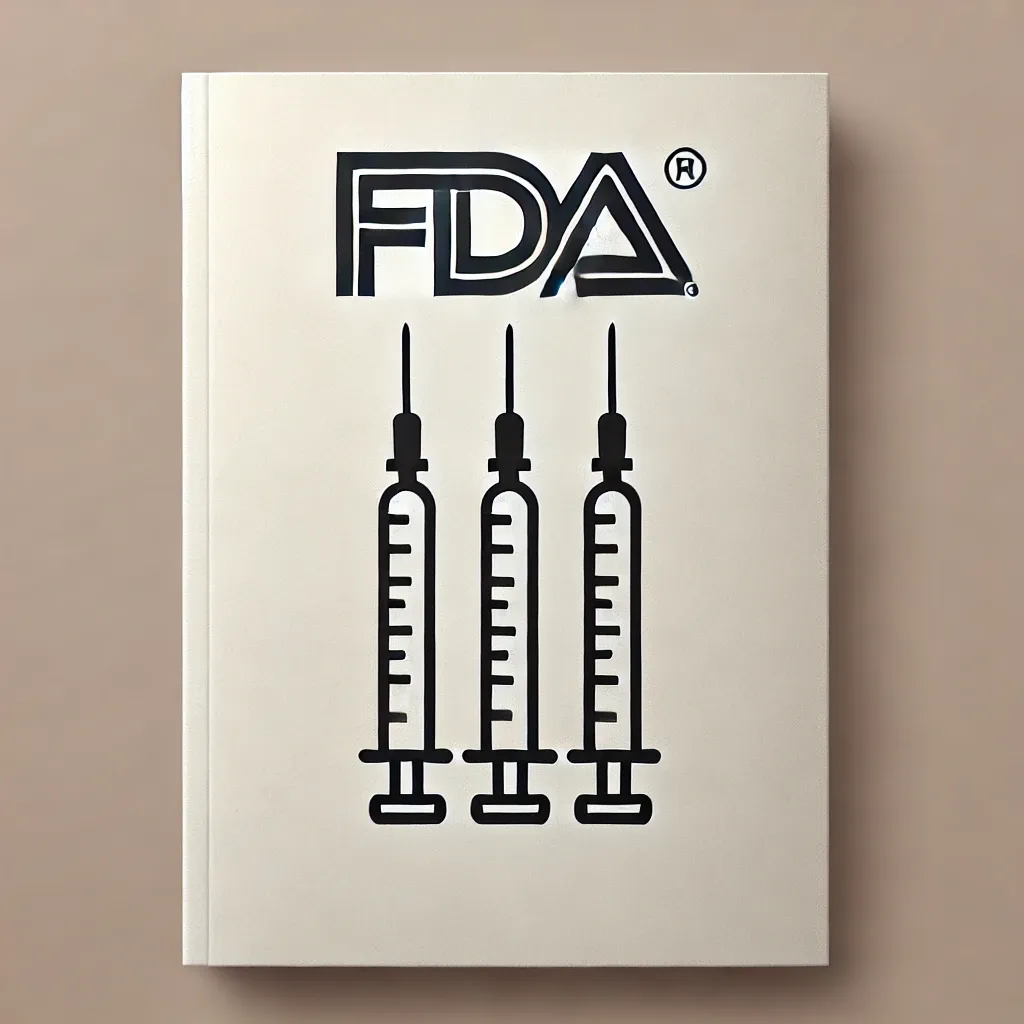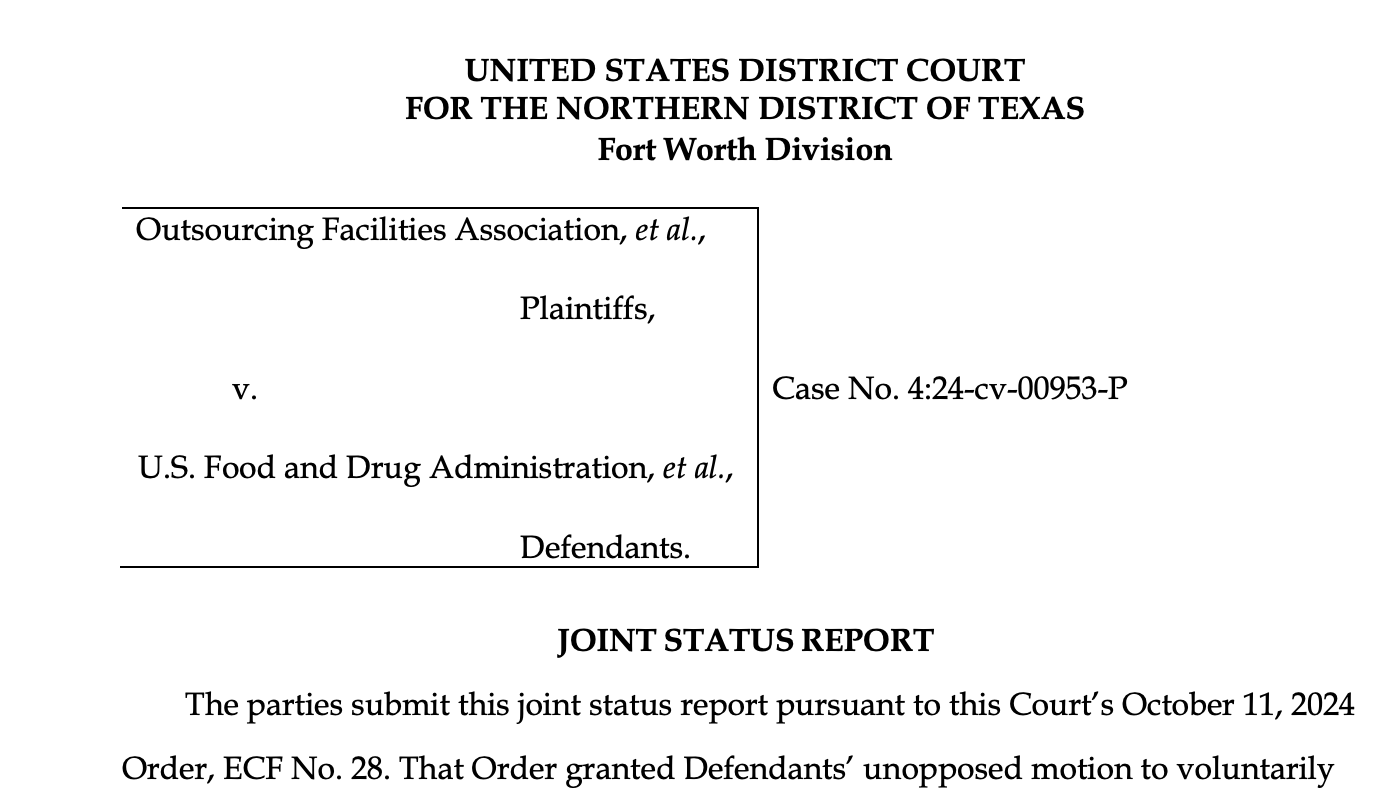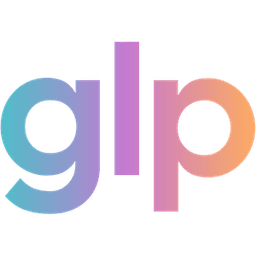FDA Warns Against Unapproved GLP-1 Drugs for Weight Loss
Author
glp winnerDate Published
- Twitter
- Facebook
- LinkedIn
- Instagram
- Copy Link

The U.S. Food and Drug Administration (FDA) recently issued a critical statement addressing the growing concerns surrounding unapproved GLP-1 drugs marketed for weight loss. This announcement highlights the importance of safe practices when it comes to prescription medications and warns against the risks associated with unregulated products.
Prescriptions Must Come from Licensed Doctors and Pharmacies
The FDA emphasized that GLP-1 medications should only be prescribed by licensed medical professionals. Furthermore, prescriptions must be filled at state-licensed pharmacies to ensure patient safety and product authenticity. Deviating from these guidelines exposes consumers to significant health risks, particularly when using compounded or non-FDA-tested versions of these drugs.
Specific Drug Concerns: Retatrutide and Semaglutide Salts
The FDA’s statement pinpointed two areas of concern:
Retatrutide
- Retatrutide cannot legally be used in drug compounding under federal law.
- It is not a component of any FDA-approved medication and has not been proven safe or effective for any condition.
Salt Forms of Semaglutide
- Variants like semaglutide sodium and semaglutide acetate are prohibited.
- These salts differ chemically from the active ingredients found in FDA-approved semaglutide drugs, raising concerns about their safety and efficacy.
Adverse Effects and Dosing Concerns
The FDA highlighted the lack of mandatory adverse effect reporting for state-licensed pharmacies. Dosing errors, such as improper titration schedules or rapid dose increases, can lead to serious complications. Patients are urged to follow proper dosing protocols as outlined by healthcare professionals.
Warnings About Illegal Products
The FDA issued a strong caution against unauthorized products that have infiltrated the market. These illegal items fall into several categories:
- Counterfeit Ozempic: counterfeit drugs claim to be authentic and may contain incorrect or harmful ingredients. Any medication claiming to be Ozempic that was not manufactured by Novo Nordisk is a counterfeit.
- Illegal Online Sales: The FDA recently sent warning letters on December 10th to online sellers promoting unapproved GLP-1 drugs.
- Misleading Labels: Items falsely labeled as “for research purposes” or “not for human consumption” yet accompanied by dosing instructions.
Consumers are advised to avoid these products entirely and report any suspicious items to the FDA.
GLP Winner Takeaway: Finding Safe Sources for Medication
The FDA’s statement underscores the chaos going on right now in the GLP-1 space. By adhering to prescriptions from licensed doctors and purchasing from state-licensed pharmacies, consumers can protect themselves from the risks posed by unapproved drugs. If you suspect adverse effects or encounter unauthorized products, report them to the FDA to help safeguard public health.
We are trying our best to find safe providers:
- We feature providers where medications are prescribed by health care professionals. Everything needs a prescription and should be done under the care of a licensed clinician.
- We check for state licenses for compounding pharmacies.
- We do our best to show transparently what compounding pharmacies your medication will come from, so you can also check their licenses. We encourage you to confirm which pharmacy will be used as well.
- We source reviews from real people who have used providers and pharmacies.
- We don't feature medications we don't think are very effective. This includes oral versions of GLP-1s and supplements. While we think there will be good options for these in the future, we are waiting to see better study outcomes.
That said, we're new here and learning more every day. Let us know how we can improve things. Every week we are improving our vetting process for adding new providers to be safe, effective, and affordable.

